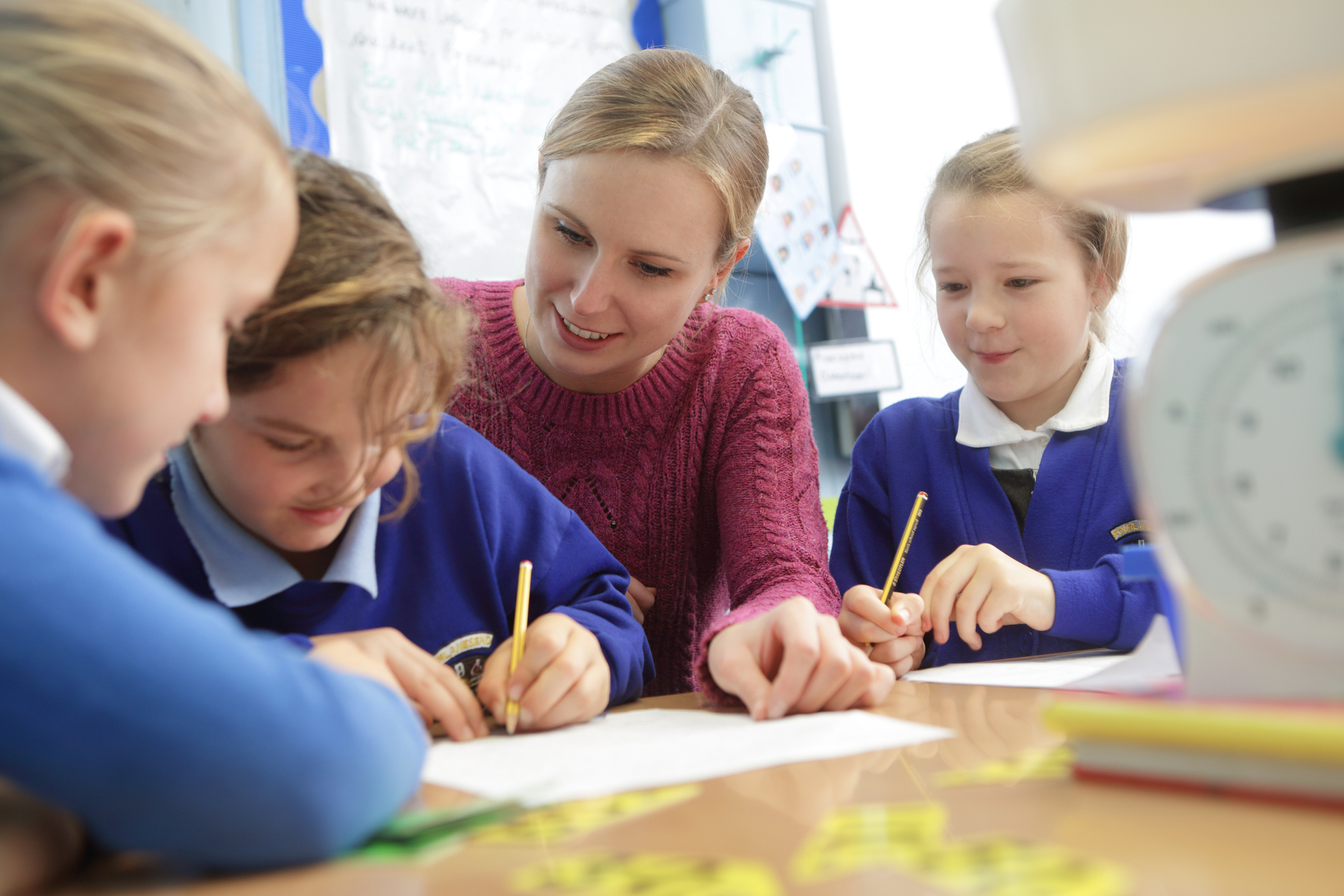In this blog, C4IE members, Dr Glenys Mann and Professor Linda Gilmore, talk about the need for more research into parent-teacher partnerships, and the critical role of teachers in determining the quality of that relationship.
There is no doubt that a positive productive partnership between parents and teachers is critical to the inclusion of students with disability. Parents bring an expert knowledge of their child, while teachers bring their expertise in pedagogy and curriculum. This could be the perfect partnership and it is clear that the educational powers-that-be recognise this.
The importance of parent-teacher relationships is referenced in the Convention on the Rights of Persons with Disabilities (CRPD), the Disability Standards for Education (DSE), and the Queensland Inclusive Education Policy. Yet, the relationship between teachers and parents of students with disability remains a difficult one.
Reports testifying to the gulf that exists between these two key players in students’ lives, and testimony at the Disability Royal Commission into Violence, Abuse, Neglect and Exploitation of People with Disability highlight the stress that can be experienced by parents of students with disability when working with schools.
During Hearing 7 of the Disability Royal Commission, Commissioner Atkinson described the “antagonism” of the parent-school relationship as a “huge issue” that is reported to the Commission “time and time and time again”.
Typically, the response to the problematic nature of parent-teacher partnerships has been to focus on parents and how to engage them more effectively in the work of schools. Nationally, the Family-School Partnership Framework gives advice about how to work with parents more productively, and the Parent and Community Engagement Framework has been developed in Queensland.
In spite of the time, effort and money that has gone into parent engagement, reports from parents continue to highlight the tension between home and school and the difficulty parents experience when trying to work with teachers for the inclusion of their child. Why does this relationship continue to be so hard?
Perhaps we are looking in the wrong direction!
Yes, parent engagement IS critical to positive, productive parent-teacher partnerships – and there is still more work to be done here – but it takes two to tango. Teachers are part of this relationship too.
Why is there so little attention being paid to the engagement of teachers in the parent-teacher partnership?
What did our research find?
Our analysis of interview data collected with educators and parents in four Queensland schools found that parents were in fact more engaged in the parent-teacher partnership than teachers were. We looked at how important the relationship was to both parties, how sensitive each was to the circumstances and perspectives of the other, and finally, how invested each partner was in the relationship.
Parents were more likely than teachers to indicate that the parent-teacher partnership was valuable to them. Most parents spontaneously spoke about their relationships with teachers. Many indicated that working with the school was important to them, even though for many this relationship was difficult.
Teachers, however, rarely spoke about their relationship with parents and when they did, their comments were often negative. This was particularly so for teachers in secondary schools.
Similarly, parents’ comments indicated a sensitivity to teachers’ circumstances and perspectives, with many acknowledging the difficulties associated with teaching in inclusive classrooms. In contrast, teachers made few comments that suggested an interest in or sensitivity to parents’ perspectives and circumstances. Again, teacher comments were more likely to be critical and judgemental of parents than supportive and collaborative.
It is not surprising, given their interest in and sensitivity to their partnerships with teachers, that parents seemed more willing to invest in the relationship than teachers appeared to be. Teachers’ comments certainly illustrated professionalism and attention to the formal processes which required parental involvement, but very few indicated an interest in investing in the relationship beyond that. In fact, some teachers appeared resentful of time spent with parents.
It is logical that parents will value the parent-teacher partnership. They cannot pursue their goal of inclusive education for their children without working with teachers. But is it logical for teachers to be so uninvested in working with parents?
Our research cannot offer insights into the reasons for the views of the teachers in our research, but we can acknowledge the many external factors that may have had an impact. For example, teachers have typically had little to no training in working with parents. Nor in developing the interpersonal skills that are so critical in complex inclusive education environments, where challenging conversations and difficult decision-making are likely.
Teachers also operate within the constraints of the school environment where, perhaps, parent-teacher collaboration is not prioritised (e.g., through time allocation for parents and teachers to work together). And finally, perhaps the shift from a Transmission Model to a Partnership Model is a difficult move for teachers to make, given the very nature of their role and the need to be seen as the “expert”.
Our findings that teachers can be ambivalent or even negative towards working with parents is worrying. It seems quite clear that if we want to facilitate more positive, productive parent-teacher relationships, we must invest not just in parent engagement, but equally in the engagement of teachers.
 Dr Glenys Mann is a C4IE member and a lecturer in the school of Early Childhood and Inclusive Education at QUT. Her background is in primary teaching, but she has also worked in advocacy and community organisations, and in early childhood and secondary settings supporting the inclusion of students with Down syndrome. Glenys’ research interests include the role of parents in an inclusive education context, the relationship between parents and teachers, and the inclusion of students with intellectual impairment.
Dr Glenys Mann is a C4IE member and a lecturer in the school of Early Childhood and Inclusive Education at QUT. Her background is in primary teaching, but she has also worked in advocacy and community organisations, and in early childhood and secondary settings supporting the inclusion of students with Down syndrome. Glenys’ research interests include the role of parents in an inclusive education context, the relationship between parents and teachers, and the inclusion of students with intellectual impairment.

Professor Linda Gilmore is a C4IE member and a lecturer in educational and developmental psychology at QUT. As a psychologist with expertise in developmental and educational assessment and family support, she has a particular interest in the development of children with rare chromosome disorders.




